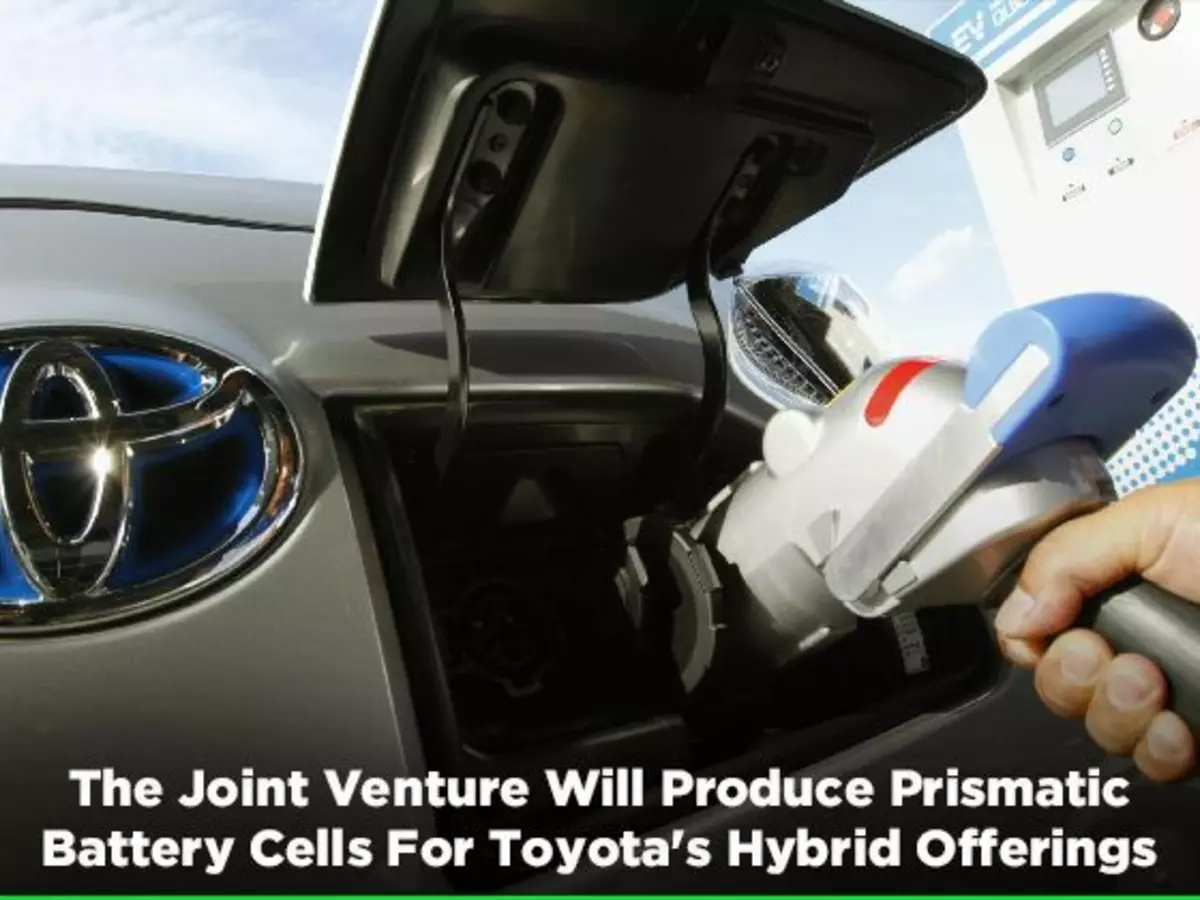After Tesla, Panasonic Electric Vehicle Batteries Will Now Power Toyota Hybrids
Tesla has been dependent upon Panasonic for the batteries powering its EVs. Panasonic has now announced a partnership with Toyota promising a supply of batteries to the auto maker for its range of &lsquoelectrified&rsquo cars. Toyota will be using the batteries in its upcoming all-electric and hybrid lineup.

Tesla, widely considered way ahead of other car makers in the race to electrical vehicles (EVs), has been dependent upon Panasonic for the batteries powering its EVs. To date, the partnership has been exclusive. Not anymore.
In a recent update, Panasonic has now announced a partnership with Toyota, promising a supply of batteries to the auto maker for its range of ¡®electrified¡¯ cars. The new joint-venture between the two Japanese firms will involve a wide range of EV batteries, prismatic in nature.
In contrast, Tesla has only been buying cylindrical cells from Panasonic to date. While the cylindrical cells offer a good mechanical stability and ease of manufacture, the prismatic cells save space through a layered approach.

Reuters
Toyota will be using the batteries in its upcoming all-electric and hybrid lineup. For now, the company relies on Primearth EV Energy Co which is jointly owned by Toyota (80.5 percent) and Panasonic Corp (19.5 percent). But the supplier is restricted to making batteries for hybrids, an ideology that apparently Toyota also shares as the company is yet to make a solid transition towards an all-electric fleet.
The main points of agreement between the companies involve forming a joint venture (JV) by 2020. Toyota will take 51 percent of the stake in the JV, while Panasonic will have the other 49.

Reuters
Also read: This Mumbai Duo Has Developed A Battery For Electric Vehicles That Charges In Only 15 Minutes
Apart from just manufacturing batteries, the JV will also focus on research & development upon prismatic battery cells in formats including lithium-ion batteries, solid-state batteries, and next-generation batteries. Jointly, the companies will be transferring 3500 employees to the JV to cover its various aspects.
There is no exclusivity on the sale of the batteries produced though, which would be outsource to other auto makers too, primarily through Panasonic.
